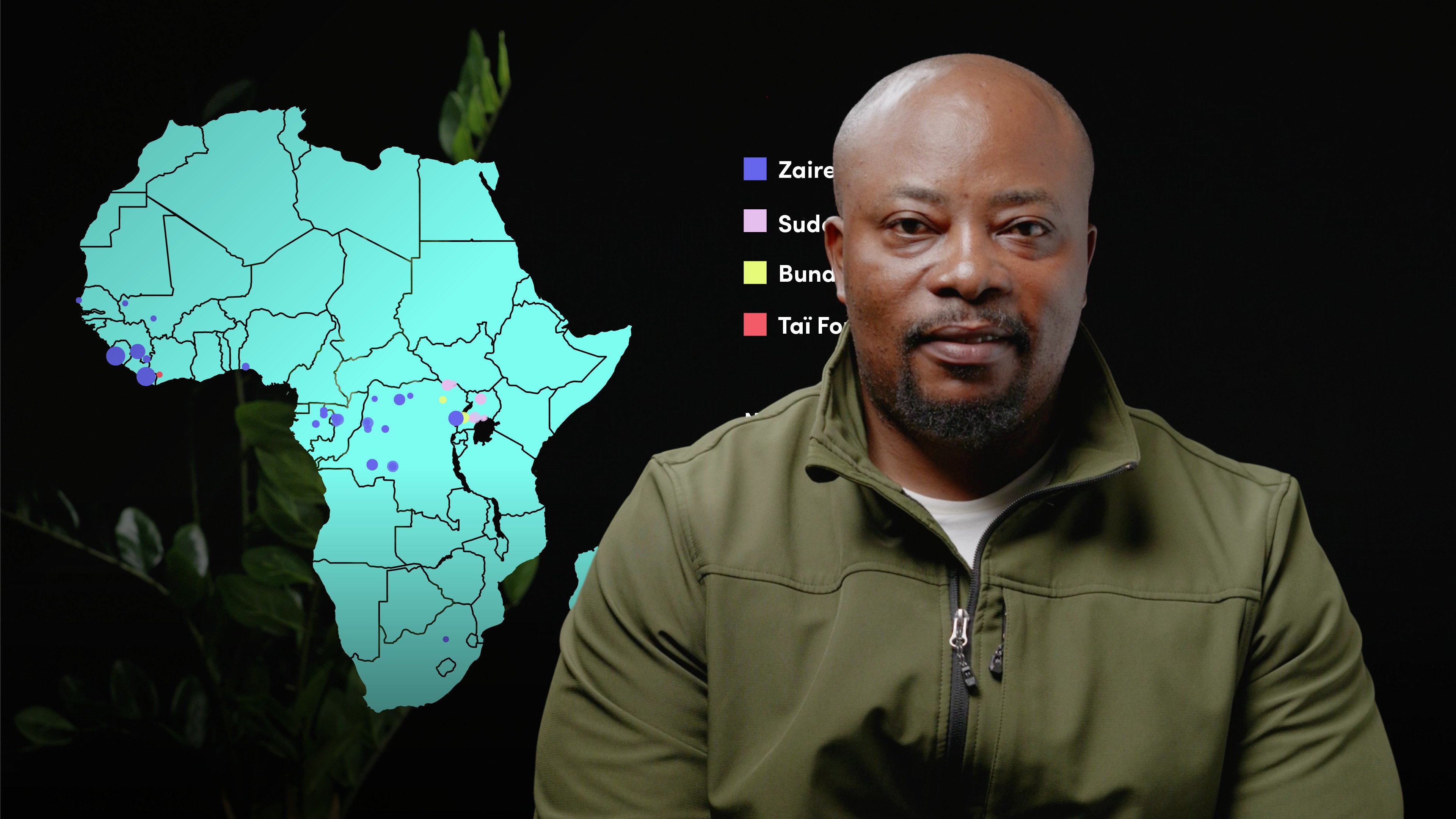
Solutions to Wildlife Trafficking

Adams Cassinga
15 years: Wildlife Activist
So what are some practical ways we can tackle wildlife trafficking, globally and as an individual? And what can we take away from this problem? Join Adams Cassinga as he explores these questions.
So what are some practical ways we can tackle wildlife trafficking, globally and as an individual? And what can we take away from this problem? Join Adams Cassinga as he explores these questions.

Solutions to Wildlife Trafficking
12 mins 16 secs
Key learning objectives:
Outline solutions to tackling wildlife trafficking
Understand the cultural importance of stopping wildlife trafficking
Overview:
There must be acknowledgement that wildlife trafficking is a global problem - not limited to just Africa and Asia. Individuals can help by donating to local zoos and non-profits. But there will be a cultural reset needed - for example, not promoting or engaging with problematic social media posts. This will require everyone to educate themselves.

Adams Cassinga
There are no available Videos from "Adams Cassinga"

